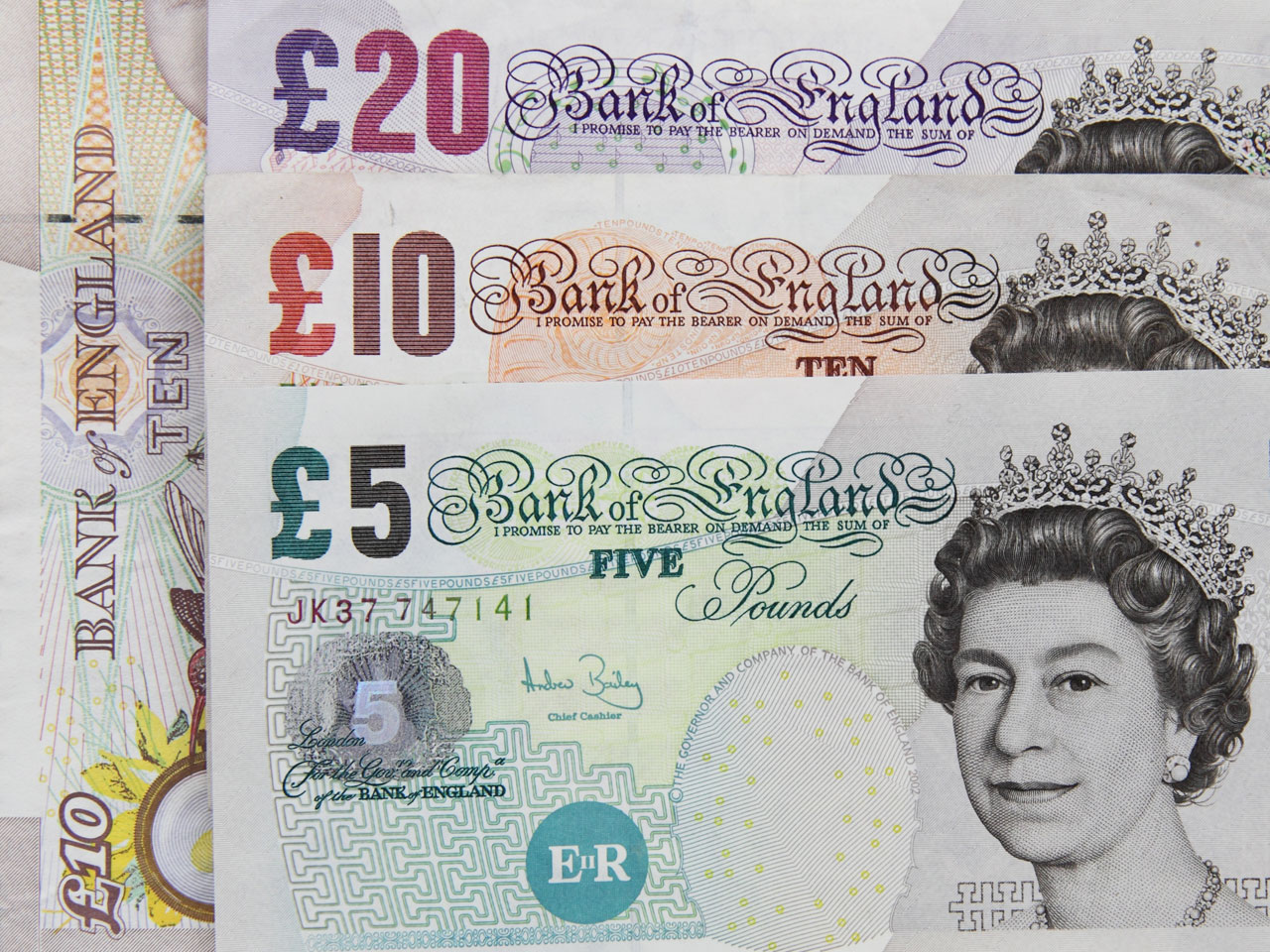British Currency
Prior to February 15th 1971 the British currency system was known as pounds, shillings and pence. In the system used at that time 12 pennies was equal to one shilling and 20 shillings was equal to one pound. The UK currency is the pound sterling (£/GBP). There are 100 pennies, or pence, to the pound. There are 100 pence (p) to the pound (£). Notes come in denominations of £5, £10, £20 and £50.
First time in the UK and can't get your head around the UK currency? Check out our video to familiarise yourself with the British coins and notes! Britain’s national currency is the pound sterling (symbol: £), which is sub-divided into 100 pence (symbol: p). You get notes in denominations of £50, £20, £10 and £5, and coins in £2, £1, 50p, 20p, 10p, 5p, 2p and 1p. There are lots of places you can change money in Britain:. bureaux de change on high streets, in airports and major railway stations. banks. travel agents.
Although British officials tried to ban this practice with the Currency Acts of 1751 and 1764, they only met with limited success. The experience of the colonies with this fiat paper money varied.
The pound sterling is the oldest currency in the world that is still in use. What do you know about the money used in the UK?
Do the Preparation task first. Then watch the video or listen to the audio. Next go to Task and do the activity. If you need help, you can read the Transcript at any time.


We suggest you do the vocabulary activity below before you watch. Then watch the video and after that, do the tasks to check your comprehension. You can read the transcript at any time if you want to.
Currency
Although the UK is in the European Union, it has taken the decision at the moment not to adopt the Euro as its currency. Instead it retains pound sterling.
A pound consists of 100 pence. The word ‘pence’ being very often shortened to the letter ‘p’ in both the written and in conversational form.
The following coins are in regular circulation:
- 1p
- 2p
- 5p
- 10p
- 20p
- 50p
- £1
- £2
The following notes are also used:
- £5
- £10
- £20
- £50
British Currency Denominations
These notes are usually issued in the name of the Bank of England and the notes and coins are accepted throughout the UK. You may occasionally find some bank notes bearing the names of Banks in Scotland or Northern Ireland, like the Scottish notes shown here. These are still legal tender throughout the UK but some traders, because they are not familiar with them, may be reluctant to accept them outside of the country in which they were issued. If you do have any difficulties though, any Bank will replace them without charge.
Task 1
Read the questions and select the right answer.
British Currency To Dollars
Task 2
Read the sentences and fill in the gaps by dragging the words from the top.
Discussion
Is currency important for a country’s identity?
Do you think the introduction of the Euro was a positive move?
Language level
British Currency Conversion To Us Dollars
- Log in or register to post comments